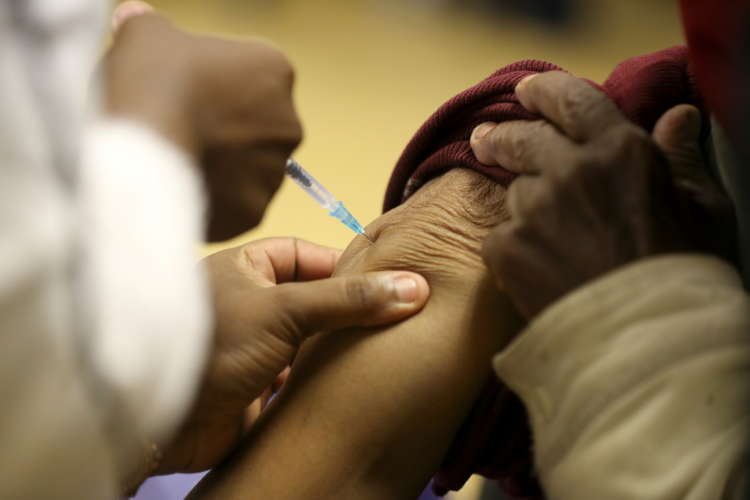Top Stories
Queue-jumping? Global vaccine shortage imperils Glasgow climate talks
Published by gbaf mag
Posted on May 20, 2021
1 min readLast updated: January 21, 2026

Published by gbaf mag
Posted on May 20, 2021
1 min readLast updated: January 21, 2026

Explore more articles in the Top Stories category











